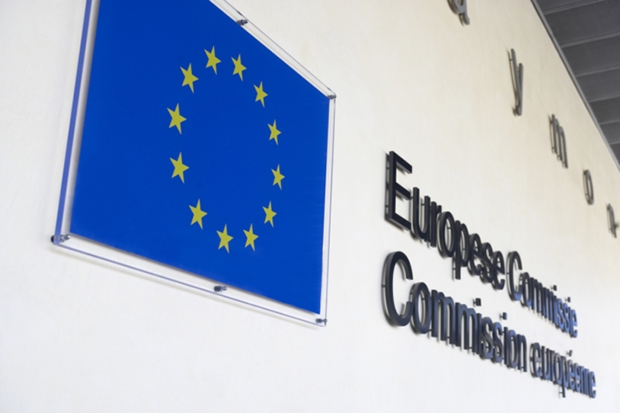The European Commission published its pharmaceutical strategy today in Brussels. The strategy will contain many legislative and non-legislative actions for the future pharmaceutical policy, including a revision of basic pharmaceutical legislation and the specific regulation on orphan drugs and paediatrics. Due to the current pandemic, action to address this and future pandemics are of course in the focus of the debate.
The health spokesperson of the biggest political group in the European Parliament (EPP, Christian Democrats) Peter Liese said: “The strategy is important to ensure that our pharmaceutical industry is competitive but moreover that all patients receive the necessary treatment at an affordable price. We need to do a lot for example to make anti-cancer drugs for children more available and affordable. The core of the current debate is how we can be less dependent from China and India when it comes to lifesaving pharmaceuticals. The crisis has shown that the problem that has existed before is getting bigger and bigger.
That is why we have to act soon. I also welcome the announcement of an EU health emergency response authority. The EPP group and the European Parliament already asked in spring for this kind of European BARDA. The cooperation of the member states for the common procurement of vaccines worked well but it was not based on existing structures and we can be happy that member states were willing to cooperate. For future pandemics we have to be better prepared and have a mechanism in place already when the problem starts.”



